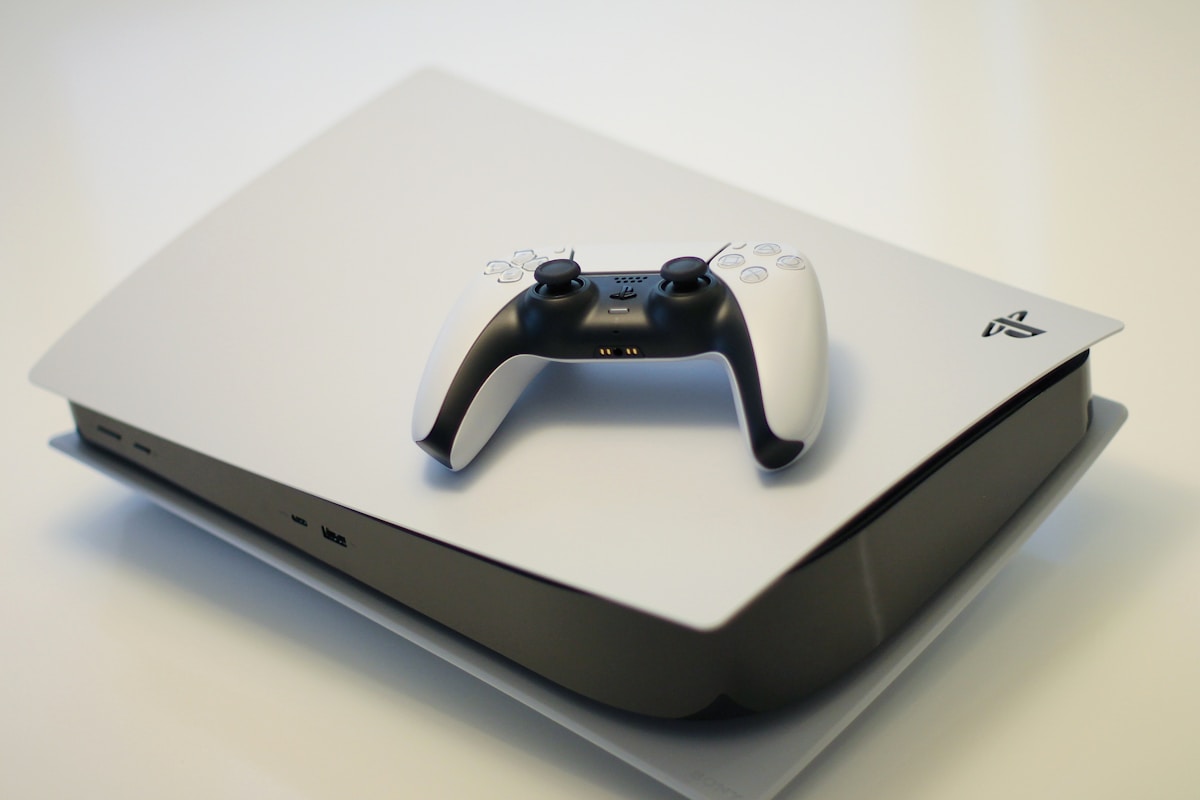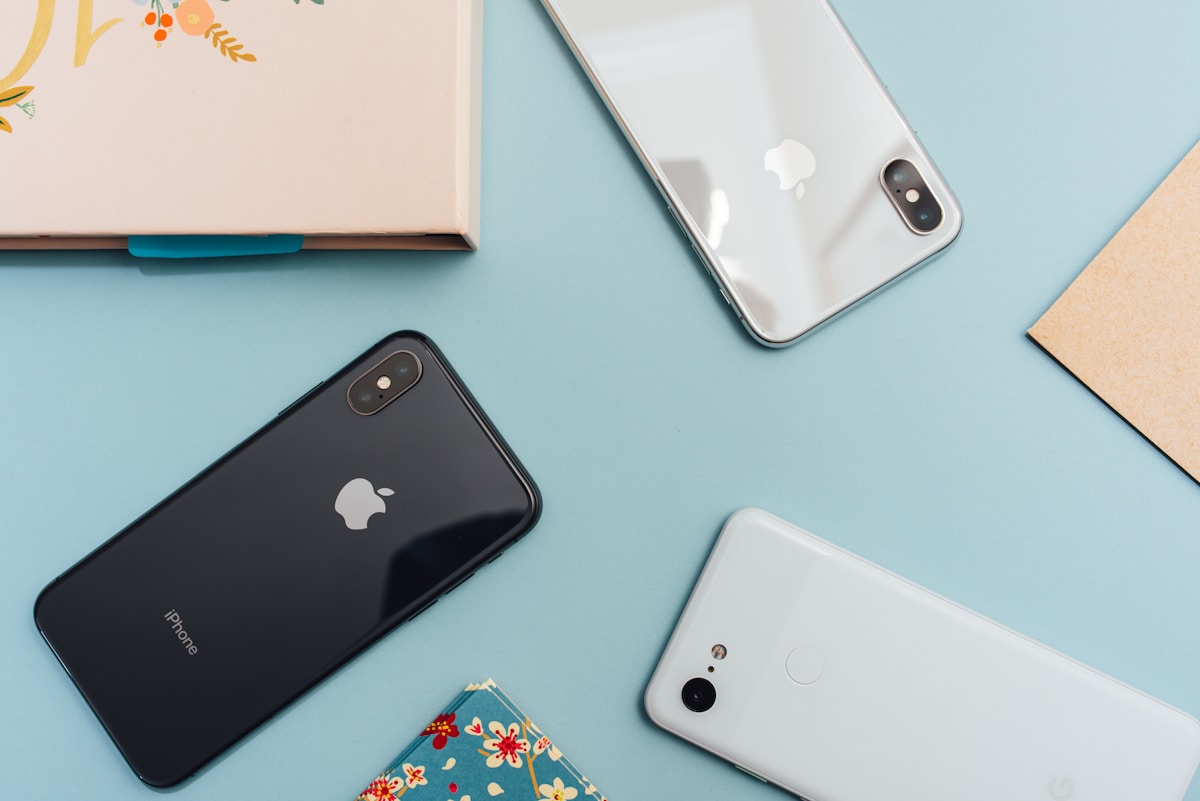Microsoft’s gamble on bringing Call of Duty to Game Pass just revealed its price tag. Bloomberg reported this week that Xbox gave up more than 300 million dollars in Call of Duty sales on console and PC in 2024 by including Black Ops 6 in the subscription service from day one. Even more damaging, 82 percent of full-price launch month sales in the United States came from PlayStation, meaning Microsoft’s own ecosystem barely benefited from its 68.7 billion dollar Activision acquisition.
The Numbers Behind the Loss
According to a former Xbox employee who spoke anonymously to Bloomberg, the 300 million dollar figure represents lost sales across Xbox consoles and PC where Black Ops 6 was available day one through Game Pass Ultimate. This estimate compares 2024 Call of Duty performance against 2023’s Modern Warfare III, which launched without a Game Pass option and sold copies at full 70 dollar retail price.
To put that in perspective, 300 million dollars represents roughly one-third of Modern Warfare II’s astronomical one billion dollars in launch sales. Call of Duty typically generates around 1.2 billion dollars annually, so a 300 million dollar shortfall is substantial even for a franchise of this magnitude. The loss directly correlates to players choosing Game Pass subscriptions over purchasing the game outright, exactly the trade-off Microsoft knew would happen but apparently underestimated.
Why PlayStation Dominated Sales
The 82 percent PlayStation figure is absolutely brutal for Microsoft. After spending nearly 70 billion dollars to acquire Activision Blizzard specifically to strengthen Xbox’s ecosystem, seeing the vast majority of premium sales go to Sony’s platform represents a catastrophic failure in execution. PlayStation doesn’t offer Black Ops 6 through any subscription service at the standard tier, forcing players to pay full price if they want to play.
Previous reports from IGN pegged the PlayStation split even higher at 86 percent when including physical sales, which Xbox has largely abandoned. Either way, the message is clear. Call of Duty players overwhelmingly prefer PlayStation as their platform of choice, and Game Pass availability on Xbox wasn’t enough to change buying habits. Many fans argued during the acquisition that Call of Duty’s community had already settled on PlayStation as the de facto platform for the franchise, and these numbers validate that concern.
The Game Pass Growth Problem
Microsoft repeatedly promoted Black Ops 6’s launch as the biggest in Call of Duty history and a record-breaking day for Game Pass subscriptions. CEO Satya Nadella called it the most successful day-one performance ever for the service. Those statements weren’t technically lies, but they obscured the revenue reality underneath the player count headlines.
US video game subscription spending only increased 16 percent year-over-year during Black Ops 6’s launch month. That modest bump doesn’t come close to offsetting 300 million dollars in lost premium sales, especially when accounting for Game Pass infrastructure costs and revenue sharing with other publishers whose games appear on the service. Analyst Joost Van Dreunen from Aldora Intelligence summarized it perfectly: Game Pass hasn’t delivered the explosive growth Microsoft anticipated post-Activision, and they’ve realized their infrastructure costs don’t align with their pricing model.
The 50 Percent Price Hike Response
Microsoft’s solution was announcing a 50 percent price increase for Game Pass Ultimate, jumping from 19.99 to 29.99 dollars per month. That’s 360 dollars annually, more expensive than buying an Xbox Series S console. The timing wasn’t coincidental. The price hike arrived just before Call of Duty: Black Ops 7’s scheduled launch in November 2025, maximizing the window where players would feel forced to accept the new pricing to access the next installment.
The company also quietly removed the 10 percent discount on Call of Duty add-ons that Game Pass Ultimate subscribers previously enjoyed. Instead of direct savings on COD Points and BlackCell bundles, Microsoft now offers 10 percent back through its Rewards program in the form of points redeemable later for store credit. That’s a clear downgrade disguised as an upgrade, removing immediate value in exchange for delayed rewards that require extra steps to claim.
What Microsoft Expected vs Reality
The fundamental miscalculation was assuming Game Pass would convert enough PlayStation players to offset the cannibalization of premium sales on Xbox platforms. In theory, offering Call of Duty through subscription could attract millions of PlayStation gamers to Xbox or PC where they’d subscribe, spend money on in-game purchases, and remain locked into Microsoft’s ecosystem long-term.
In practice, PlayStation players stayed on PlayStation and paid full price, while Xbox players who would have bought the game anyway switched to Game Pass subscriptions generating far less per-user revenue. Microsoft ended up giving away Call of Duty to its existing base without meaningfully expanding that base, creating the worst possible outcome. The company essentially traded 70 dollar one-time purchases for 20 dollar monthly subscriptions from users who might not stick around beyond finishing the campaign.
The Sustainability Question
Bloomberg’s report cited seven current and former Xbox employees who all expressed concerns that Game Pass isn’t generating the revenue Microsoft wants eight years after launch. Putting top-tier games like Call of Duty directly into the service cuts into sales of higher-margin titles, creating a downward spiral where the subscription needs more blockbusters to justify its value but adding those blockbusters destroys their profitability.
Microsoft executives testified during the Activision acquisition trial that Game Pass prices would not increase as a result of the deal. That promise lasted less than two years before being completely abandoned. The 50 percent hike represents an admission that the original pricing model was fundamentally unsustainable once Microsoft started including truly premium content instead of older catalog titles and indie games.
Comparing to PlayStation Plus
The pricing disparity with Sony’s competing service makes Microsoft’s situation look even worse. PlayStation Plus Premium, the highest tier of Sony’s subscription, costs 17.99 dollars monthly. That’s 12 dollars cheaper than the new Game Pass Ultimate price despite offering comparable features including cloud streaming and a massive game catalog. Sony doesn’t put its biggest first-party titles on Plus at launch, which preserves premium game sales while still offering subscription value.
Microsoft bet everything on day-one releases being the killer feature that would make Game Pass indispensable. Instead, it created unrealistic expectations among subscribers who now refuse to buy games individually, while simultaneously failing to attract enough new subscribers to justify the revenue sacrifice. Sony’s more conservative approach looks smarter in hindsight, even if it generates less hype and social media buzz.
The Microtransaction Safety Net
One factor potentially offsetting some losses is in-game spending. Call of Duty generates billions annually through microtransactions including battle passes, weapon blueprints, operator skins, and COD Points. Players who access Black Ops 6 through Game Pass still spend money on these items, which Microsoft profits from regardless of how they entered the game.
The question is whether microtransaction revenue from Game Pass users exceeds what Microsoft lost in premium sales. If the average Game Pass subscriber who plays Call of Duty spends 50 dollars on in-game purchases, that helps narrow the gap. However, data suggests Game Pass users spend less on individual games than traditional purchasers since they already paid for subscription access. The psychology of having already spent money creates resistance to additional purchases even for cosmetic items.
Frequently Asked Questions
How much money did Xbox lose by putting Call of Duty on Game Pass?
According to Bloomberg, Xbox gave up more than 300 million dollars in Call of Duty sales on console and PC in 2024 by including Black Ops 6 in Game Pass from day one. This figure comes from a former Xbox employee’s internal estimate.
What percentage of Call of Duty sales came from PlayStation?
82 percent of full-price Call of Duty: Black Ops 6 launch month sales in the United States came from PlayStation platforms. Some reports including physical sales put this figure even higher at 86 percent.
Why did Xbox raise Game Pass prices?
Microsoft increased Game Pass Ultimate pricing from 19.99 to 29.99 dollars monthly to offset losses from including premium titles like Call of Duty at launch. The service isn’t generating expected revenue eight years after launching.
Did Microsoft lie about Game Pass prices not increasing?
Microsoft executives testified during the Activision acquisition trial that Game Pass prices would not increase as a result of the deal. The 50 percent price hike less than two years later contradicts that testimony.
Was Call of Duty Black Ops 6 successful?
Microsoft promoted Black Ops 6 as having the biggest Call of Duty launch ever and a record day for Game Pass subscriptions. However, it generated roughly 300 million dollars less in direct sales than previous entries due to Game Pass availability.
How much does Game Pass Ultimate cost now?
Game Pass Ultimate now costs 29.99 dollars per month, up from 19.99 dollars. That’s 360 dollars annually, more expensive than buying an Xbox Series S console.
Did Xbox remove Call of Duty discounts for Game Pass subscribers?
Yes, Microsoft quietly removed the 10 percent discount on Call of Duty add-ons for Game Pass Ultimate subscribers. Instead, players now earn 10 percent back through the Rewards program as redeemable points rather than direct savings.
Conclusion
The 300 million dollar loss exposes the fundamental flaw in Microsoft’s Game Pass strategy. Putting Call of Duty day one in the subscription cannibalized premium sales without meaningfully expanding the user base, while PlayStation players stayed on PlayStation and paid full price. The 50 percent price hike is Microsoft’s desperate attempt to fix the economics, but raising prices while removing perks risks accelerating subscriber losses. What looked like a brilliant move to leverage the Activision acquisition has turned into a cautionary tale about the limits of subscription models for blockbuster franchises. Microsoft bet billions that Game Pass would reshape gaming, and the early returns suggest that bet isn’t paying off.


